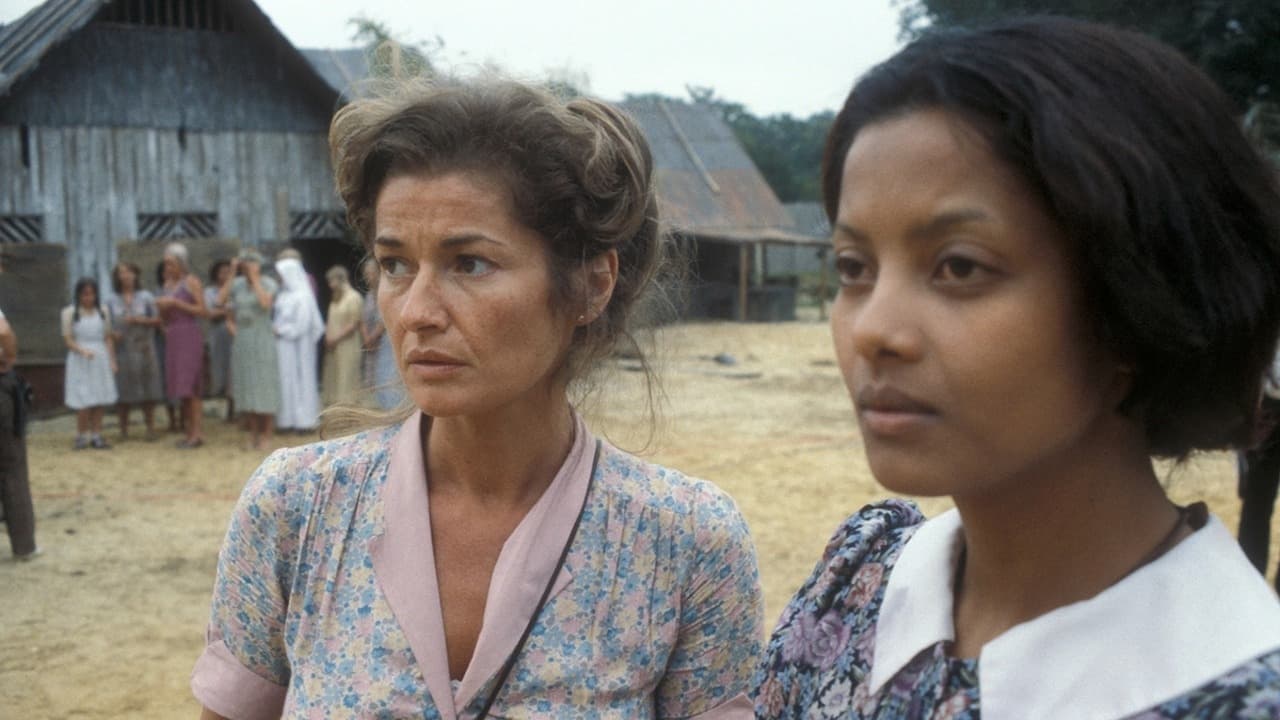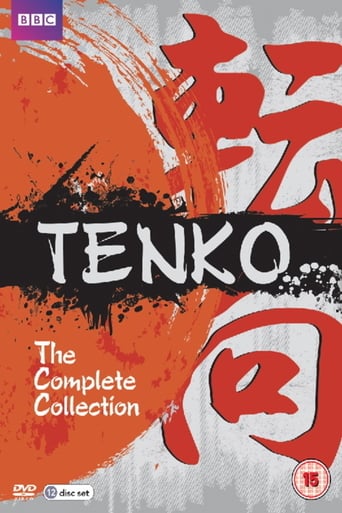

Tenko is a series I first watched at the tender age of 13 years back in 1981. From the word go it gripped. The acting is supreme: Ann Bell, Stephanie Cole, Stephanie Beacham are tremendous. The viewer lives and breaths the ordeal of the characters in a way that no other TV series has ever managed. It is head and shoulders clear of the rest. Having purchased the full DVD set, including reunion, a handful of years ago I am shortly to embark on my tenth viewing of the run.I was sorry to have missed Paul O'Grady's 25 year celebration in October 2007. I can't believe that the cast are now approaching 70. It makes me feel old and long for the days before reality TV ruled when good drama and sitcoms proliferated.
... View MoreI can only agree with the praise from other reviewers.As movie reviewers Siskel and Ebert used to say, you come to care about these people.The situations are absorbing, full of suspense and moral dilemmas, and the actresses are uniformly excellent. In subsequent years, whenever I've seen one of them again in another context (Ann Bell, Rosemary Martin, Jean Anderson, and Elizabeth Chambers have shown up in other British dramas that have played in the States), it's been like meeting an old friend.I discovered this series when it played on A&E (back when A&E was actually "artistic" and "entertaining"), but unfortunately, I never saw the first half of the first season. I was sorry when the series ended and even more sorry that it was never repeated.I wish that someone would rebroadcast it or that the DVDs would be made available in the States. However, people who own region-free DVD players can order the series from retailers such as Amazon UK, as I have done with this and several other series that have never been released in the U.S.
... View MoreI saw this many years ago and I was riveted to the television. Historically accurate, interesting, entertaining, just plain great! The acting is stunning and no one actress outshines the other. I felt their pain, hopelessness, and I felt the sweat and dirt. I would love to read the book(s) it is based on. Paradise Road simply does not measure up to this. To see a Hollywood version of this watch "Three Came Home" with Claudette Colbert. Based on a true story by Agnes Newton Keith, the movie conveys the great pain of the incarcerated woman, but the setting is backlot Hollywood. Also, see Empire of The Sun, another great true POW story, this time focusing on a child.I, too, wish I could see Tenko again. I hope someday it will be available in the US.
... View MoreI absolutely adore Tenko - I saw it on video for the first time when I was 19 years old and was absolutely hooked! When I found out that only Series 1 was available on video, and that the BBC had failed to release Series 2, Series 3 and the two part special Tenko Reunion on video, I was hopping mad, I can tell you!Finally, UK Gold repeated the entire series last year, and thanks to a fellow Tenko fan named Patsy, I now have the whole thing on video for me to watch over and over again!The characters in this series are so real, that the viwer really does care for them deeply - Ann Bell is Marion Jefferson, the wife of a British army colonel, who finds herself appointed leader of the British women; Sister Ulrica (Patricia Lawrence) is the formidale nun, leader of the Dutch internees; Beatrice Mason (Stephanie Cole), the determined, no-nonsense doctor; Major Yamauchi (Bert Kwouk), the strict but at times compassionate commandant of the camp; nurses Kate Norris (Claire Oberman) and Nellie Keene (Jeananne Crowley); and so on, were just some of the protagonists who made this series so unforgettable.Some of the most dramatic storylines occurred in Series 2, where a Eurasian woman, the evil Miss Hasan (Josephine Welcome) and a sly internee named Verna Johnson (Rosemary Martin) called the shots. Series 3 took place in Singapore, when the War had ended and the women had to cope with being free, trying to get used to their lives after years of imprisonment.Gruelling, dramatic, shocking, funny, gripping - Tenko was all of these things, and much more. If it is ever on television, I urge you to watch it.FYI: I recently met the actress Louise Jameson, who was so brilliant as Cockney Blanche Simmons in Tenko. I told her how much I loved the series, and she said that Tenko was her favourite acting job of all time - and she's been in Doctor Who, Bergerac and EastEnders to name just a few!
... View More